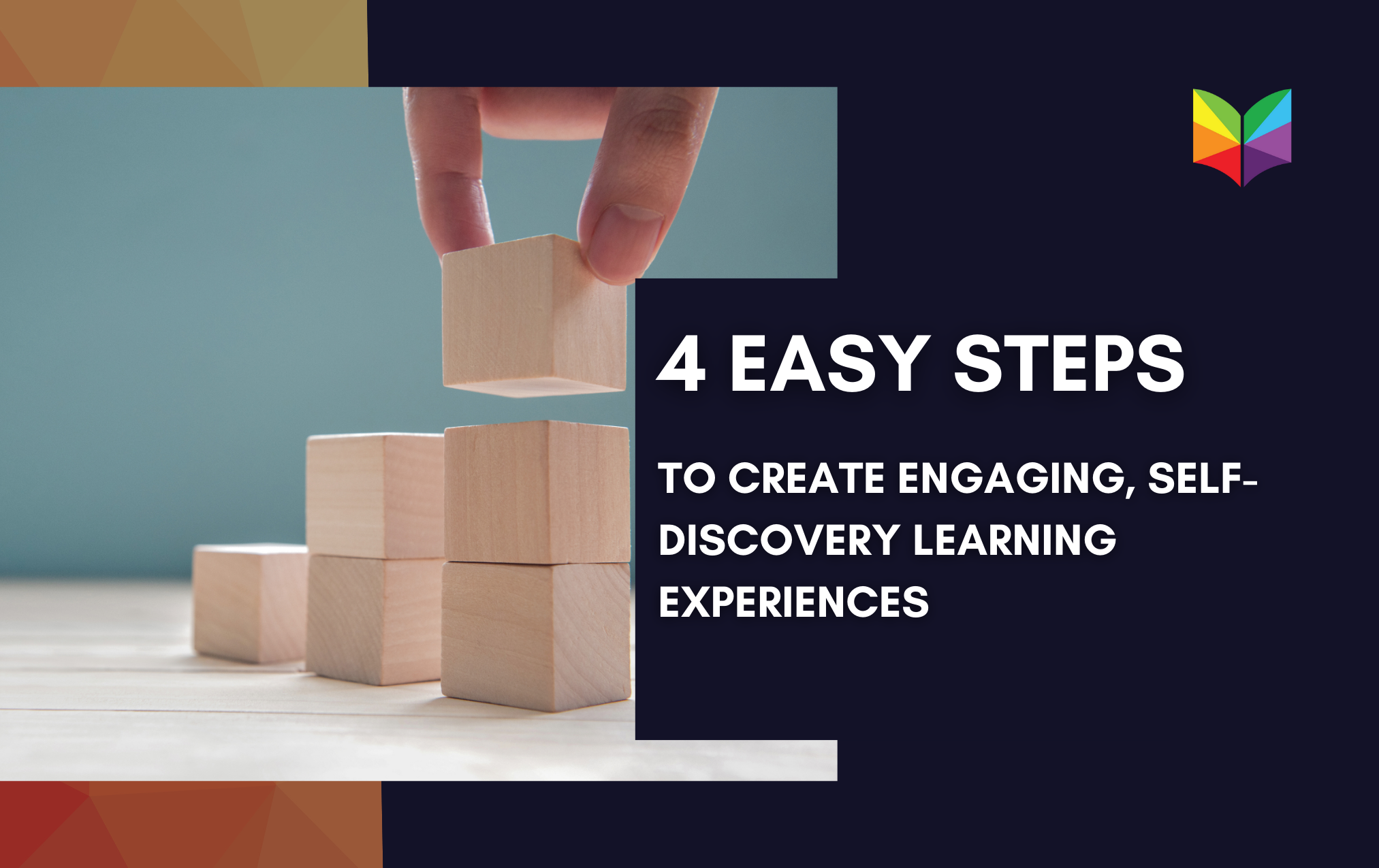
4 Easy STEPS to Create Engaging, Self-Discovery Learning Experiences
4 Easy STEPS to Create Engaging, Self-Discovery Learning Experiences
Creating engaging and impactful online learning experiences is crucial for tourism destinations looking to educate travel professionals about their offerings. One practical approach is to design self-discovery learning experiences that allow learners to interact with content and develop a deeper understanding of the destination. Here’s a step-by-step guide to creating such experiences:
1. Introduce the Subject
The first step is to set the stage for learning by introducing the subject matter. You can begin by providing a clear and compelling overview of the topic you want to cover. For example, if you’re focusing on promoting events within a destination, start by highlighting the diverse range of events available and their significance to visitors.
Example: "Welcome to our course on the vibrant events scene in [Destination]! This module will introduce you to the exciting range of events that make [Destination] a must-visit. From music festivals to cultural celebrations, you'll learn how these events contribute to the local culture and attract tourists."
This introduction should create interest and provide context, helping learners understand why this subject is essential and how it fits into the broader picture of destination marketing.
2. Assign a Task
Next, give learners a specific task that encourages them to apply what they’ve just learned. This task should be relevant and designed to engage learners in a way that reflects real-world scenarios.
Example: "Your task is to explore our detailed events calendar and find an event that you would recommend to a visitor planning a trip this upcoming weekend. Think about what makes the event appealing and how you would pitch it to a potential visitor."
This assignment encourages learners to engage with the content actively, making the learning experience more interactive and practical.
3. Allow Exploration
Give learners ample time and space to explore the content related to their task. This phase is crucial as it allows them to delve deeper into the material and uncover insights on their own.
Example: Provide access to the events calendar and additional resources like event descriptions, images, and reviews. Encourage learners to browse through the listings and gather information to make an informed recommendation.
Tip: Ensure the exploration phase is user-friendly and well-organized, with easy navigation and access to all necessary information.
4. Provide a Practical Exercise
Finally, could you reinforce learning with a practical exercise that consolidates the knowledge gained? This exercise should help learners reflect on what they’ve learned and apply it in a meaningful way.
Example: After exploring the events calendar, present a multiple-choice quiz that tests their understanding of the events and their features. The quiz should include detailed explanations for each answer, providing further insights into the material.
Tip: Make the quiz ungraded to reduce pressure and encourage a focus on learning rather than performance. Please provide feedback and additional resources to help learners deepen their understanding.
By following these four steps—introducing the subject, assigning a task, allowing exploration, and providing a practical exercise—you can create engaging, self-discovery learning experiences that not only educate but also inspire tourism professionals. This approach helps learners connect with the content, apply their knowledge, and gain a more comprehensive understanding of the destination and its offerings.


Leave a comment